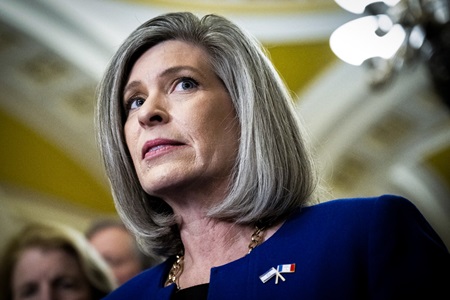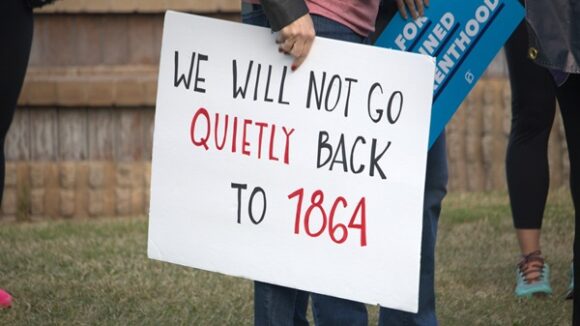 Scottie Scheffler Winning the Masters with caddie Ted Scott. The New York Times.
Scottie Scheffler Winning the Masters with caddie Ted Scott. The New York Times.
Dear Commons Community,
A dominant Scottie Scheffler won his second green jacket at the Masters championship in Augusta, Georgia yesterday, shooting a 68 to finish 11-under while everyone around him splashed and crashed through the back nine. Ludvig Åberg finished second, four strokes back. Scheffler beat everyone else by seven or more. As reported by Yahoo Sports and The New York Times.
The tournament was essentially locked up when Scheffler tapped in for birdie on 14. Or maybe it was even before that; the man had a nine-hole stretch Sunday with six birdies.
It may be absurd — or absurdly premature — to think a guy who now has two Masters championships could one day challenge Jack Nicklaus’ record six. Yet there may have never been a player with a more perfect mentality, if not game, for conquering Augusta National.
This place is famous for its final-round pressure that has rattled even legends. Yet the 27-year-old Scheffler walks around here staring at his feet and noticing nothing, like he’s just out on a country stroll.
The more the intensity increased, the calmer he appeared. He bombed drives (305.7). He drained putts (1.5 average per hole). He was his typical master of efficiency here, scoring par or better on 87.5 percent of his 72 holes. He’s been par or better in 18 of his 20 career rounds at Augusta.
In 2022, he won his first Masters in similar fashion, cruising almost unchallenged through the final round as Cam Smith faded. Scheffler wound up winning that one by three strokes.
The Masters isn’t really about the golf. There are dozens of players who play golf well enough to win. It’s all the things that happen between the golf that separates the champions from the pretenders.
“I feel like I’m as in control of my emotions as I’ve ever been, which is a good place to be,” Scheffler said. “I feel like I’m maturing as a person on the golf course, which is a good place to be.”
The man is unflappable, unconcerned, maybe even unaware.
“I was very focused out there,” he said.
As if possibly winning the Masters wasn’t enough to rattle him, Scheffler knew his wife, Meredith, was back in Texas, expecting the couple’s first baby any day — or any minute — now. He vowed to leave the tournament if needed — a private jet was waiting in case she went into labor.
It didn’t appear to affect Scheffler. Nothing appears to affect Scheffler.
“That’s a testament to how good of a head space I was in,” Scheffler said. “I wasn’t thinking about it that much. I was doing my best to stay in the moment, stay calm, execute shots.”
This week will be his 48th consecutive where he is ranked No. 1 in the world. He hasn’t posted a round above par since last November, a ridiculous 40 of them in a row (Tiger Woods holds the PGA Tour record at 52 set from 2000-01).
Scheffler was the picture of consistency here this week. Just nine bogeys and one double. He hit 79 percent of fairways and 64 percent of greens in regulation. He three-putted just twice. It’s all in line with his five-year Masters averages.
There is no reason to think anything will change, even with fatherhood on the horizon.
“I’m going to continue to put in the work, keep my head down,” Scheffler said.
Only Horton Smith, who won two of the first three Masters (1934, 1936), became a repeat champ quicker than Scheffler’s five starts.
As for age, Nicklaus won his third at 26. So did Tiger Woods, who has five green jackets. So, in that regard, Scheffler is behind schedule. Give it a year or so though. This guy doesn’t seem prone to massive swings of fortune.
Boring works. Boring pays. Especially at Augusta.
I am a professional golf fan and enjoyed watching the Masters this weekend.
Scottie Scheffler was something special!
Tony












